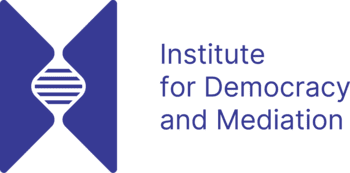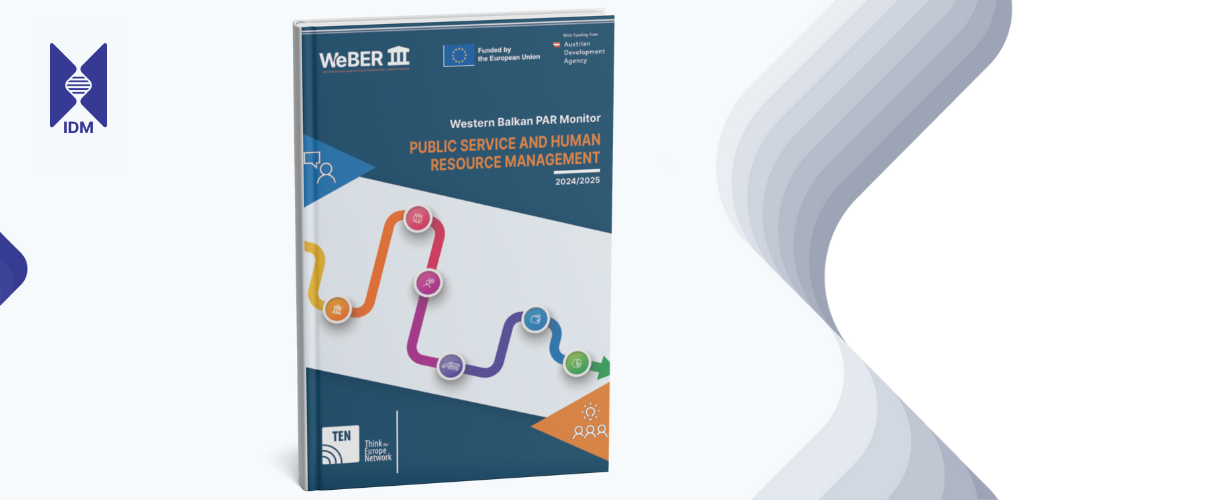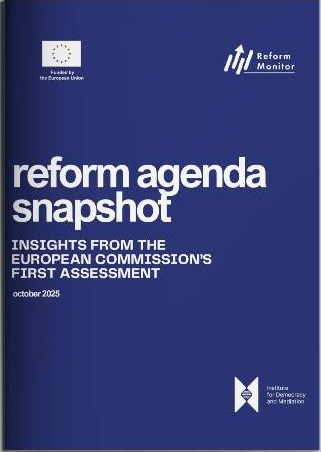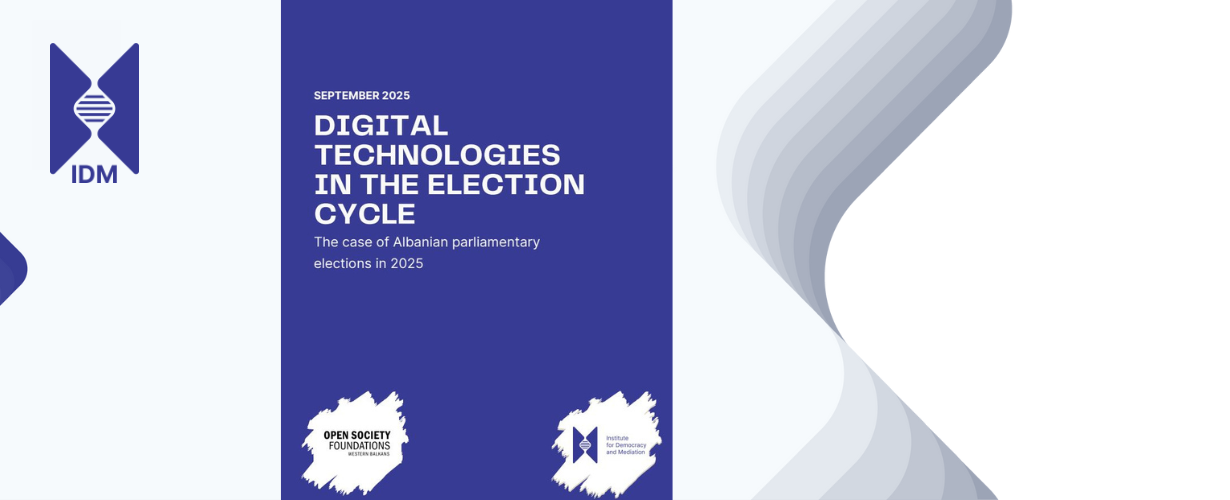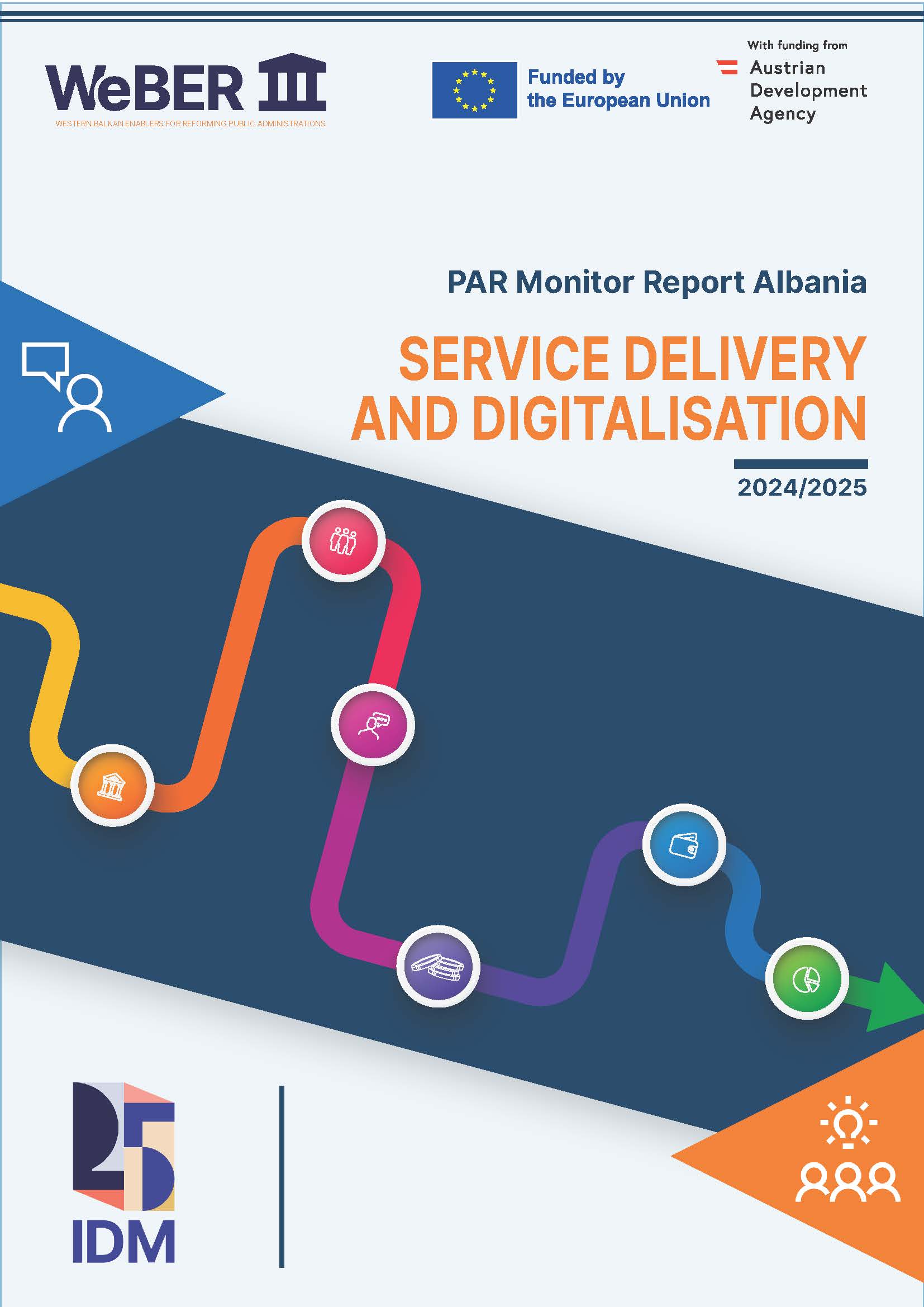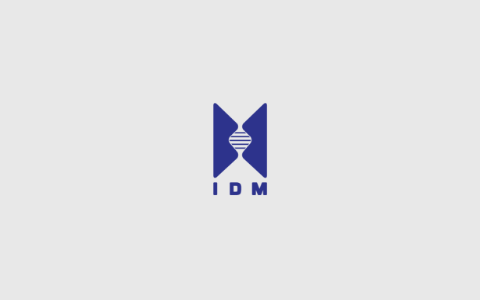Terms of Reference
Service Contract for a Consultant to prepare a need assessment study on mapping of violent extremist threats in Albania
I. Introduction
The Institute for Democracy and Mediation (IDM) is an independent, non-governmental organization, founded in November 1999 in Tirana – Albania. Its mission is to strengthen the Albanian civil society, to analyze and support the EU accession and development process in the country, and to help consolidation of good governance and inclusive policy making. IDM carries on its objectives through expertise, policy analysis, applied research, as well as through building capacities of key societal actors and developing partnerships for evidence-based policy alternatives. By combining the advantages of a knowledgeable think-tank and a resourceful operational non-governmental actor, the institute’s expertise extends in the following key sectors and thematic areas: Evidence-based and inclusive policy processes, good governance, anti-corruption reforms and integrity building; Consolidation of local democracy, accountability and transparency of local governance; Sustainable integrated development with particular focus on EU development policies; Security sector reform, specialized studies and applied research on a wide range of security issues, including violent extremism and religious radicalism; Development of civil society sector as a powerful actor to generate broad consent, values and positive change; Human capital development, management and result oriented performance; EU enlargement process with a specific focus on Western Balkans’ accession.
II. Background of the programme
The project “Sustainable community-based reintegration of Albanian nationals returning from Syria” is funded by Global Community Engagement and Resilience Fund (GCERF) and implemented by Institute for Democracy and Mediation, in close collaboration with the Coordination Center for Countering Violent Extremism in Albania. The project is implemented in partnership with the Observatory for Children and Youth Rights and the Woman Center for Development and Culture Albania. The primary objective of the project is to ensure the sustainable and effective rehabilitation and reintegration of returning Albanian men, women and children from Syria. Through a comprehensive multi-stakeholder and cross-sectoral approaches, the programme aims to enhance the capacities of central and local institutions, frontline responders, and media, strengthen cooperation and empower returnees and hosting communities.
The project targets: Albanian nationals returning from Syria, their families, receiving communities, frontline responders (social workers, psychologists, and teachers; community policing officers) and relevant central and local level actors and non-state actors. Our intervention is composed of three main pillars: capacity building, intersectional cooperation and community empowerment component, which aim at shaping the operating environment for institutions and front-line responders while building cohesiveness and enhancing their overall resilience against violent extremism.
- The capacity building component aims at improving capacities, current knowledge and skills of front liners and institutions. It includes various activities such as: conducting research to understand the current VE threats and inform policymakers, conduct training with front-line responders and local leaders on practices and policy actions needed to ensure effective R&R, and establish a “community of practice” to enable practitioners to share knowledge, build new communication channels and learn by sharing their unique experiences.
- The second component aims to strengthen cooperation and partnerships between institutions working with R&R policies. It does so through helping prioritize CVE on the policy agenda and enhancing coordination among institutions.
- Finally, the third component aims to increase the adaptation of returnees in their communities, their acceptance by communities and overall social cohesion and reintegration of returnees in communities. This component includes a whole set of activities including VET courses and apprenticeship programs for returnees and their familiars, supporting community based initiatives, activities with religious and community leaders, as well as cultural, recreational activities with returnees and local communities.
The project activities will take place in 10 geographical units in Albania, respectively in: 1. Yzberisht; 2. Kashar (Municipality of Tirana); 3. Municipality of Kavaja; 4. Buçimas: Rëmenj & Gurras (Municipality of Pogradec); 5. Leshnicë (Municipality of Pogradec); 6. Municipality of Librazhd; 7. Mollas (Municipality of Cërrik); 8. Municipality of Mat; 9. Municipality of Kukës; 10. Postribë (Municipality of Shkodër). The project research will take place in 1. Postribë and other border areas (Shkodër Region); 2. Prespa (Korçë Region); 3. Himara (Vlorë Region); 4. Dropull (Gjirokastër Region). The project duration is from 1.06.2021 to 30.11.2023.
III. Duties and Responsibilities
The purpose of this consultancy is to support the research team in conducting needs assessment for administrative units and mapping of VE threats in selected areas in Albania. The aim of this study is to identify community’s perception on drivers, forms and threats of VE, including community resilience factors[1] in four geographic areas in Albania, respectively: 1. Postribë and other border areas (Shkodër Region); 2. Prespa (Korçë Region); 3. Himara (Vlorë Region); 4. Dropull (Gjirokastër Region). The research will help inform decision makers (CVE Centre) as well as local stakeholders, frontliners, religious, community members and leaders in the target areas on the level and nature of VE threats in selected communities, as well as what can be done to avoid it.
The Consultant will be engaged in the inception, information gathering and consultation phase of the study. Specifically, the consultant is responsible to:
- Design and validate the methodology toolkit (combining mix research methods), in close consultation with the research team and the project partners. The data collection tools aim to assess the presence of violent extremist threats and drivers, as well as the perception of the communities in the rehabilitation and reintegration of RFTFs in their areas;
- Contribute to the quality assurance of the data collection process by conducting validity and reliability testing for the questionnaires; training key informants and field work staff in collaboration with the project team;
- Engage and oversee the primary and secondary data processing and analysis;
- After preparing the first draft of the study in collaboration with the research team, the consultant is expected to consult it with the relevant stakeholders, project partners, including CVE centre;
- Finally, after incorporating all the feedback received from the consultation process, the consultant is expected to provide a final peer review of the needs assessment study and deliver the final version to the project team.
- Deliverables and timing:
The Consultant should start the work immediately after signing of the contract. A total of 30 working days is estimated to complete the assignment. The peer reviewing process of the final report should be completed by 30 April 2022.
The deliverable will be submitted in electronic format to the Project Manager, who is the responsible person to review and to request revisions to the draft deliverables and to certify the delivery of the output.
The payment will be carried out in one installment after submitting the final peer reviewing report by the Consultant and acceptance by the Project Manager which concludes the assignment.
The Consultant is expected to work alongside the research team since the inception phase of the study, up until the finalization phase, for the following activities:
| Phase | Activities |
| Phase 1. Inception | · Design the methodology in collaboration with the research team and project partners;
· Develop a methodology toolkit and guidelines for a minimum set of data information to be collected during the fieldwork.
|
| Phase 2. Field work | · Conduct a validation and reliability testing of research instruments;
· The data collection process and analysis will be conducted by the project staff and the consultant is responsible for data quality assurance. Specifically, the Consultant is expected to: · Train key informants and field work staff; · Provide guidelines to data entry and analysis experts on information processing; · Facilitate and oversee the data collection in collaboration with the project staff; · Engage in data processing and analysis of primary and secondary data. |
| Phase 3. Final stage: Consultation and final revisions |
· Provide a peer review to the needs assessment draft study; · Support the project team in compiling a list of institutional stakeholders that should be informed about the contents of the study; · In collaboration with the research team, prepare and consult the draft report with the relevant stakeholders and address their comments and suggestions; · Ensure the final report reflects all suggestions and feedback received by the relevant stakeholders; · Deliver the final version of the needs assessment study to project team. |
Tentative assignment date: September 7, 2021 –April 30, 2022
Contents of the needs assessment:
The report should be in English, between 30-45 pages, and consist of:
- Title Page;
- Executive summary of key data, findings and recommendations;
- Acronyms
- Table of contents;
- Introduction and background (Purpose, Coverage, and Scope)
- Needs assessment methodology (the data collection tools themselves as well as list of interviewees should be included as appendix);
- Research findings, analysis with associated data presented, where appropriate in clear graphs or charts; data should be presented per indicator;
- Conclusions;
- Appendices, which include collected data, detailed description of the methodology with research instruments, list of interviewees, bibliography.
The methodology of study
The research consultant will be required to prepare a detailed research methodology. A mix-method approach will be used to gather key data for the assessment. In close consultation with the project staff the consultant will design the methodology, facilitate the data collection and analysis process and provide expert peer-reviewing upon completion of the draft report. The study is proposed to apply both quantitative and qualitative data collection methods. The methodologies will include: desk review, key informant interviews, focus groups and surveys. This mixed approach is important for the process of triangulation of information and to ensure consistency, accuracy, and validity.
- Document Review- A desk study will review the literature, and relevant secondary data will be included in the need assessment. The desk review is important in order to clearly understand the dynamics on the issue of VE in the selected target areas.
- Key informant Interviews and Focus groups- will be conducted with key informants in a targeted location
- Surveys– A community-based survey will be conducted in 4 local districts in Albania. This survey will collect quantitative data on general understanding of
extremism issues. The sample size will be proportionately distributed across geographic clusters and gender, religious, and ethnic categories during the survey to ensure the representativeness of the sample - Data analysis and interpretation- Collected data will be processed using the SPSS statistical data analysis software and other quantitative and qualitative software programs. Draft findings will be presented and consulted with project team and key partners to validate the findings.
- Qualifications
- Advanced university degree in one of the following fields of studies: social sciences and humanities, statistical, economics, political sciences, international relations or any interdisciplinary degree that covers the related areas;
- Minimum 7 years of experience in designing methodology and delivering large scale qualitative and quantitative studies;
- Previous positive expertise and experience in in research and participatory design, preparing study reports preferably on security issues, including violent extremism and religious radicalization in Albania;
- Previous working experience on violent extremism issues and familiarity with affected groups and other vulnerable communities will be an asset;
- Ability to analyze and interpret primary and secondary data;
- Proficiency of data analysis programs, SPSS;
- Solid knowledge and understanding of the local political, economic, and social context.
Required skills and competencies
- Excellent command of the Albanian language; preferably, proficiency in English;
- Strong communication skills and ability to work in an autonomous manner, respect the required confidentiality and ethical rules;
- Ability to work with little supervision and pressure;
- Ability to collaborate closely with the project team who are in charge for the field work of the need assessment;
- Ability to work under time constraints.
- Application procedures
All applications must be submitted electronically to [email protected], in Albanian or in English.
Interested candidates are invited to submit the following documents, the latest by August 31, 2021 at 17:00:
- Curriculum Vitae, including references to publications
- Technical proposal, outlining proposed sampling strategy
- Financial Offer
[1] Factors and actors of community resilience to VE fell into three major categories: ideological (sense of purpose, belonging, acceptance, awareness, and education); socio-economic (alienation, marginalization, economic deprivation and social networks) and structural (relationship of individuals to the state or other institutions such as religious communities). See: Qirjazi, R. &Shehu, R. (2018). Community Perspectives on Preventing Violent Extremism in Albania. Country Case Study 4. Berlin/Tirana: Berghof Foundation and Institute for Democracy and Mediation (IDM).
